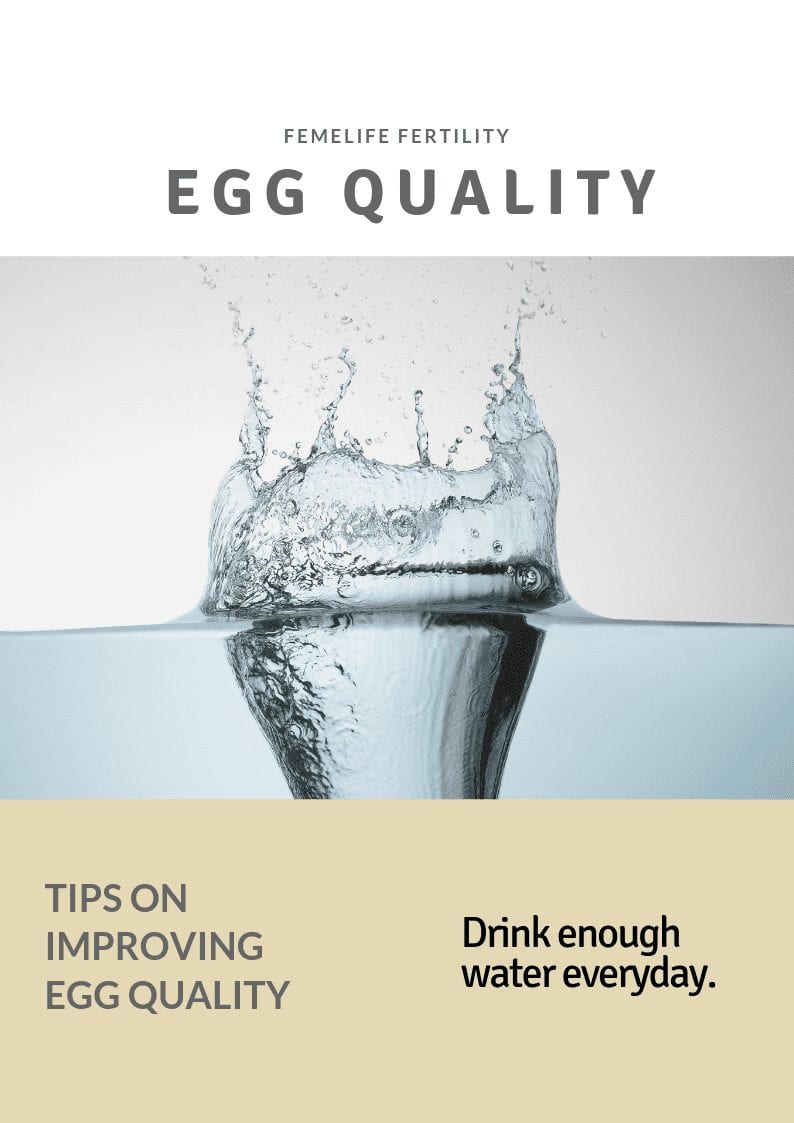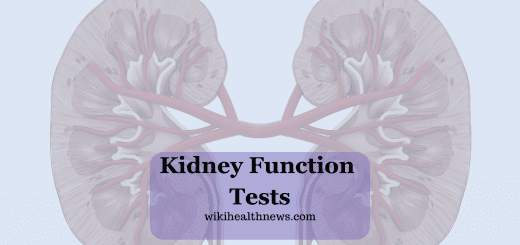Water Balance In Body – Metabolism

Water metabolism- facts to be known
- Water composition of the body is not same for everybody, it depends on age, sex, muscle mass, body habitus, and fat content of each individual.
- People with more muscle than fat have more water and thin people have less fat and more water.
- Men contain 60% body water and women 50% water by weight.
- Man, and woman older than 60 years have more fat and less muscle and hence contain less body water.
Where is water located within the body?
Total water found inside body can be located either inside the cells are outside the cells. Outside cell water is found in various body fluids like blood, cerebrospinal fluid (fluid found in the brain), fluid in joints, secretions like sweat, urine. Fluid containing water is also found surrounding cells and organs of body. Water in the blood is major deciding factor for our blood pressure.
What decides balance of body water?
Water content of the body is a balance of intake and excretion. Water balance is controlled by thirst, access to water, solute intake, various hormones, renal water channels, level of kidney function, and drugs.
How input and output of water is controlled?
Total Body Water is a balance of input and output. In an average adult, input approximates 1600 mL (liquids), 700 mL (foods), and 200 mL from digestion of food for a total of 2500 mL/day. Average water losses are 1500 mL (kidneys), 500 mL (skin), 300 mL (lung—respiration), and 200 mL from the gastrointestinal tract (stool) for a total of 2500 mL/day. Large losses of water (increased output) occur with excessive sweating, respiration (exercise), burns, diarrhoea, vomiting, and diuresis. Decreased water input occurs when defects in thirst and altered mental or physical function (especially in the elderly) prevent access to water.
What are the normal limits of urine output?
On a normal diet, a normal adult must excrete 0.8 to 20 L/day per day. Body builders consuming high-protein and high-carbohydrate diets require a urine output of 1.2 to 28 L/day. Alternatively, a low solute intake (starvation) with high water intake predisposes to water retention and water intoxication. This combination exists in binge beer drinkers, in whom the solute load may be only 300 mOsm /day. Low solute intake may also occur in starvation and in an elderly person on a “tea and toast diet. he ranges of urine output would drop to 0.25 to 6 L/day in such patients.
Which factors decide thirst?
A dry mouth increases thirst. Drinking and swallowing water decrease thirst due to the presence of receptors in the mouth and food passage. The floor of brain has also receptors which directs thirst when body requires water.
Are there hormones involved in controlling body water?
There are several hormones involved in water metabolism, most important is ADH is also called arginine vasopressin (AVP). Natriuretic peptides, aldosterone, angiotensin II, prostaglandins, and neurochemical
changes also affect water retention and excretion in the kidneys.
How does the kidney help in water metabolism?
The normal kidneys filter 180 L of blood each day and but 99%of it is again reabsorbed into body. To control excess or deficient water intake the kidneys play a major role, they excrete more if we drink excess water whereas in low intake conditions there is less urine excretion.
What happens when the kidneys don’t work properly?
In conditions of kidney failure, the system of water balance doesn’t work and body retains water hence patients of kidney failure are advised to take less water and salt.
What is the condition where more urine is produced?
Polyuria is a urine output greater than 3.0 L/day. Four main disorders cause polyuria: central neurogenic DI (defect in ADH secretion), nephrogenic DI (defect in ADH action on the kidney), psychogenic polydipsia (psychosis), and dipsogenic DI (defect in thirst centre). Polyuria also may occur from diabetes mellitus (glucose), recovery from renal failure (urea), and IV infusions (saline, mannitol).
Why Is Water Important?
What’s the big deal?
It’s common to concentrate thereto water is extremely important for your health. But why?
This substance makes up a majority of your weight and is concerned in several important functions, including:
- flushing out waste from your body
- regulation of body temperature
- serving to your brain perform
You get most of your water from drinking beverages, however, food in addition contributes a small amount to your daily water intake.
How water helps us?
Read on to search out extra ways in which water can facilitate improve your well-being.
It helps create saliva
Water may even be a main a part of saliva. saliva also includes very little amounts of electrolytes, mucus, and enzymes. Your body typically produces enough saliva with regular fluid intake. However, your saliva production may decrease as a result of age or positive medications or therapies.
It regulates your body temperature
It will be hydrous is crucial to maintaining your body temperature. Almost the body loses water through sweat during physical activity and in hot environments.
Your sweat keeps your body cool, but your body temperature will rise if you don’t fill the water you lose. If you’re sweating quite usual, make sure you drink many glasses of water to avoid dehydration.
It protects – spinal cord, and joints
Water consumption helps lubricate and cushion your joints, medulla spinalis, and tissues. this might assist you to enjoy physical activity and reduce discomfort caused by conditions like arthritis.
It helps spinal cord waste through perspiration, urination, and excreting
In the body it automatically the water to sweat, urinate and have bowel movements.
Sweat regulates vital signs once your effort or in heat temperatures. you’d like water to form fully the lost fluid from sweat.
You also wish enough water in your system to possess healthy stool and avoid constipation.
Your kidneys also are important for filtering out waste through urination. Adequate water intake helps your kidneys work extra with efficiency and helps to prevent kidney stones.
It helps maximize physical performance
Drinking a lot of water during physical activity is extremely important. Athletes may excrete up to six to ten percent a trustworthy supply of weight throughout physical activity.
Hydration in addition affects your strength, power, and endurance.
You may be extra susceptible to the effects of dehydration if you’re taking part in endurance coaching or high-intensity sports like basketball.
Negative effects of exercise at intervals the heat whereas not enough water can embody serious medical conditions, like attenuated vital signs and physiological conditions. Extreme dehydration can cause seizures and even death.
It helps stop constipation
Eating fiber isn’t the only way to stop constipation. It’s also important to need care of your water intake thus your organ movements contain enough water.
If you don’t consume enough water, magnesium, and fiber, you will be additional probably to expertise constipation.
If you’re already constipated, {you’ll find|you can find} that drinking effervescent waterTrusted offer in addition as plain water will facilitate easy your symptoms.
It aids in digestion
Contrary to what some believe, experts certify drinking water before, during, and once a meal will facilitate your body break down the food you eat additional merely. this might assist you to digest food extra effectively and acquire the foremost out of your meals.
Research showsTrusted supply the body adapts to changes at intervals the consistency of food and stomach contents, whether or not extra solid or extra liquid.
It helps with nutrient absorption
In addition to serving with food breakdown, water in addition helps dissolve vitamins, minerals, and different nutrients from your food. It then delivers these vitamin elements to the remainder of your body to be used.
It helps you reduce weight
Studies have connected body fat and weight loss with beverages in every overweight girl’s sure offer and women. Drinking more water whereas quick and effort may assist you to lose additional pounds..
It helps fight off illness
Drinking enough water can facilitate stop sure medical conditions sure Sources. These include:
- constipation
- kidney stones
- exercise-induced asthma
- tract infection
- hypertension
Water in addition helps you absorb important vitamins, minerals, and nutrients from your food, which can increase your chances of staying healthy.
It helps boost energy
Drinking water may activate your metabolism. a raise in metabolism has been related to a positive impact on energy.
One study found that drinking 500 milliliters of water boosted the speed by thirty percent in every man and woman. These effects looked as if it would last over an associate hour.
It helps improve mood
Not getting enough water can also have a bearing on your mood. Dehydration may end in fatigue and confusion conjointly as anxiety.
It helps keep skin bright
Adequate water intake will facilitate keep your skin hydrous and may promote collagen production. However, water intake alone isn’t enough to scale back the effects of aging. This technique is in addition connected to your genes and overall sun protection.
It prevents -dehydration
The body not having enough water. and since water is imperative to so many bodily functions, dehydration is typically terribly dangerous.
Severe dehydration might result during a range of severe complications, including:
- swelling in your brain
- kidney failure
Read More












